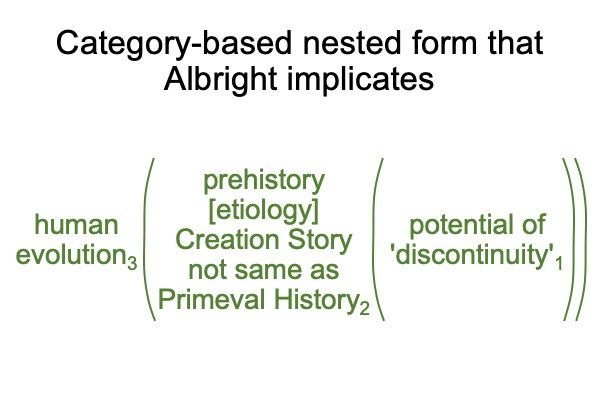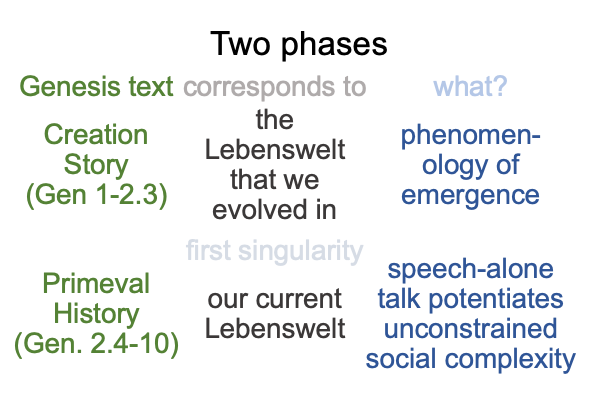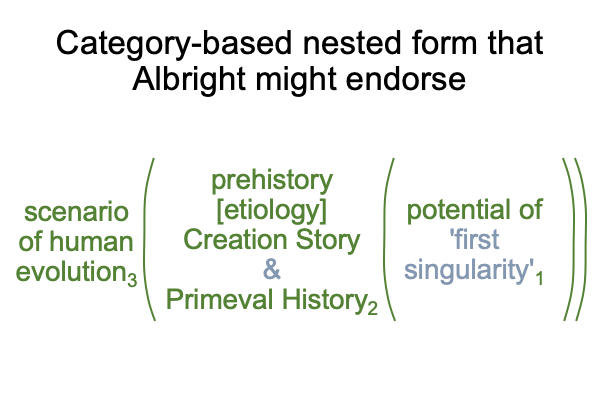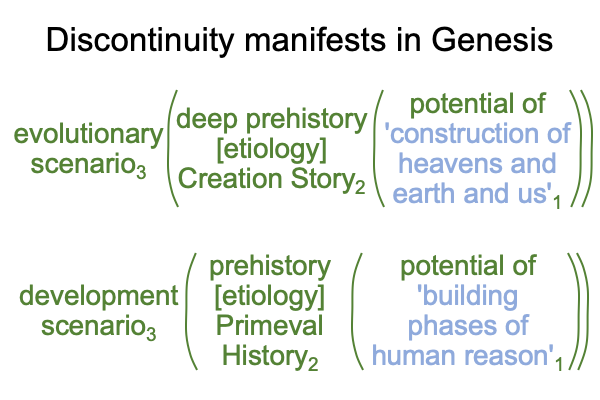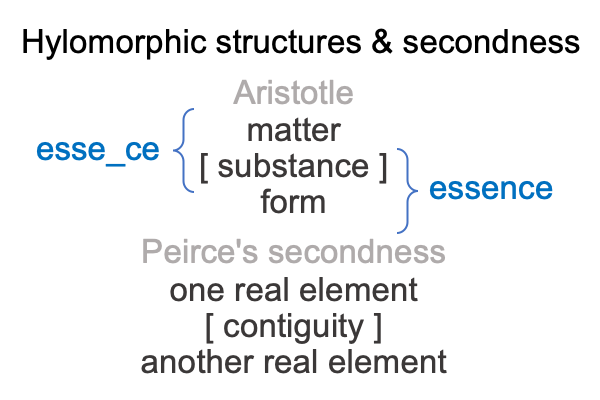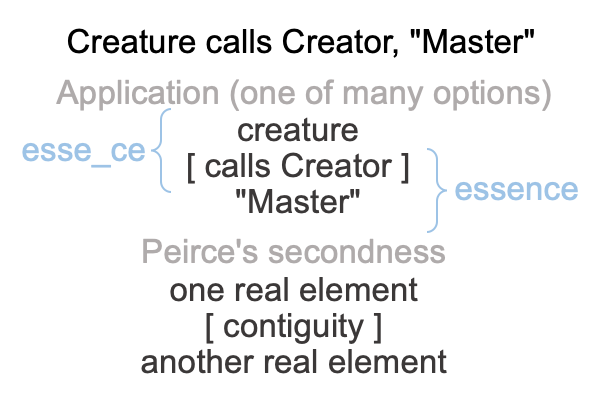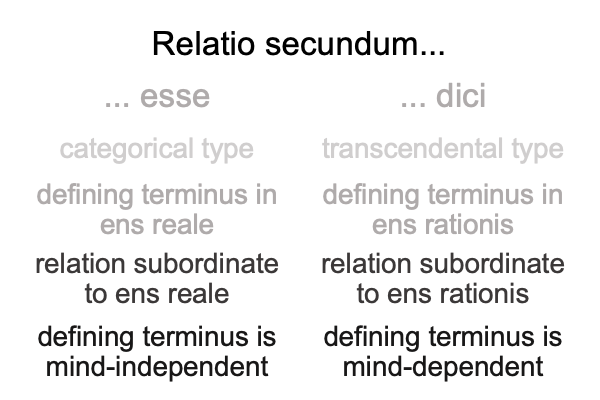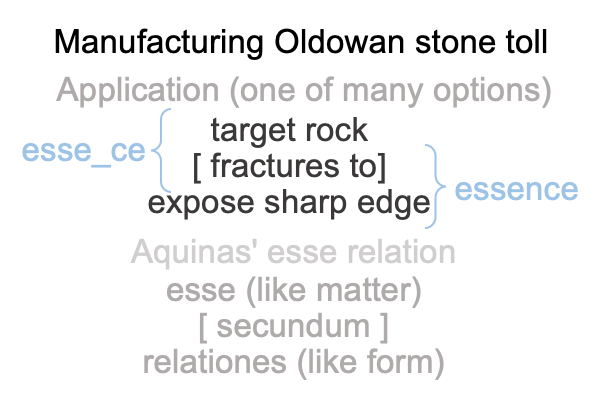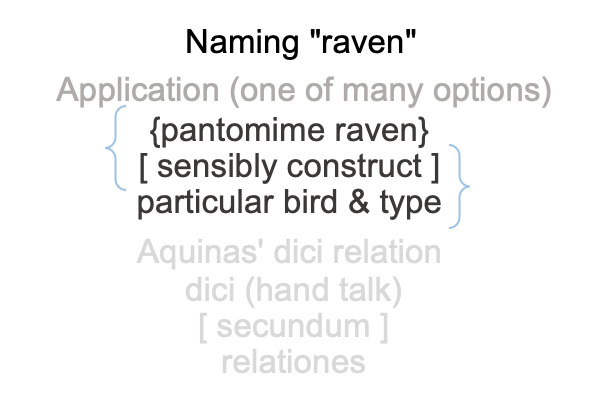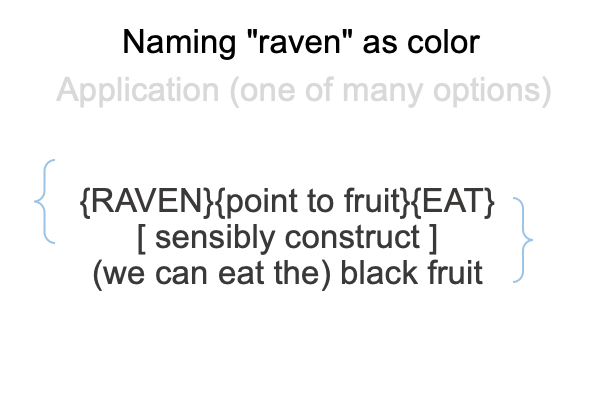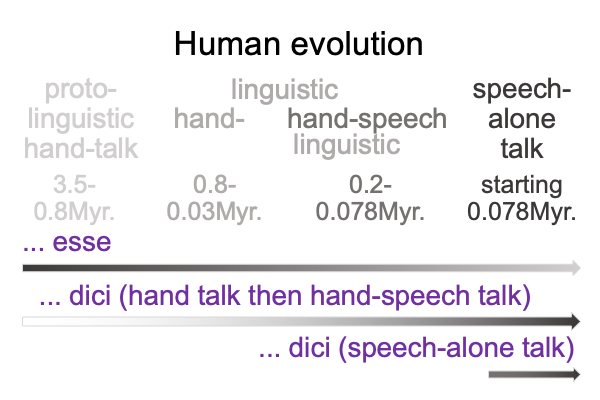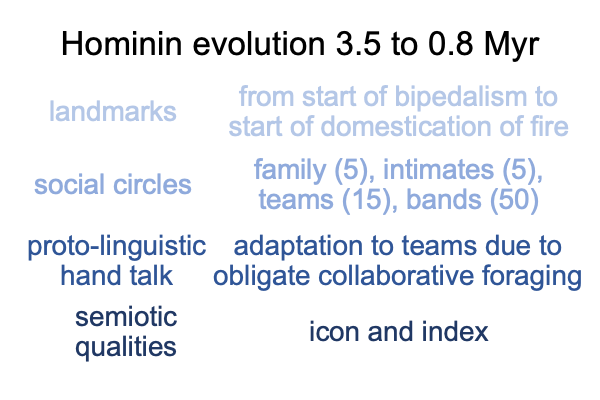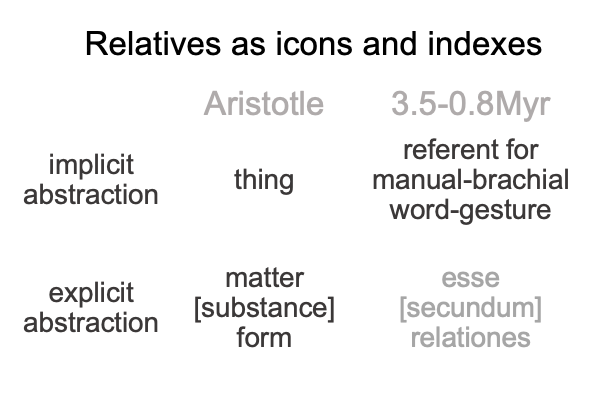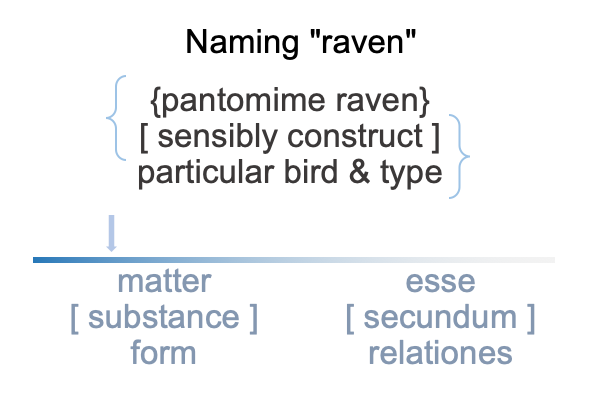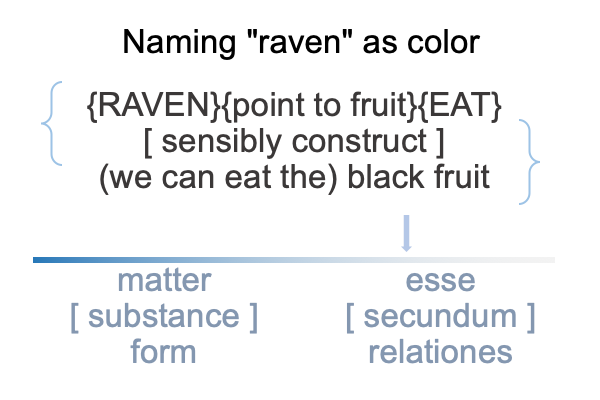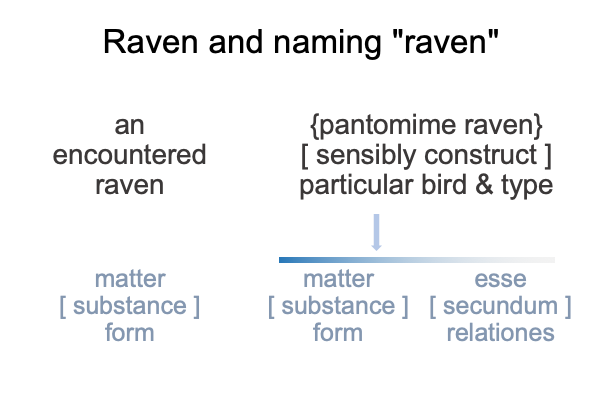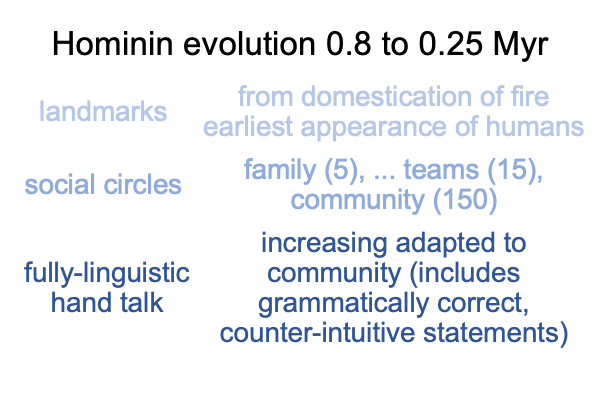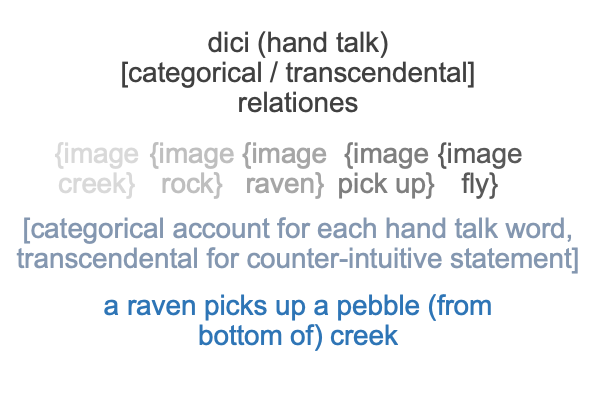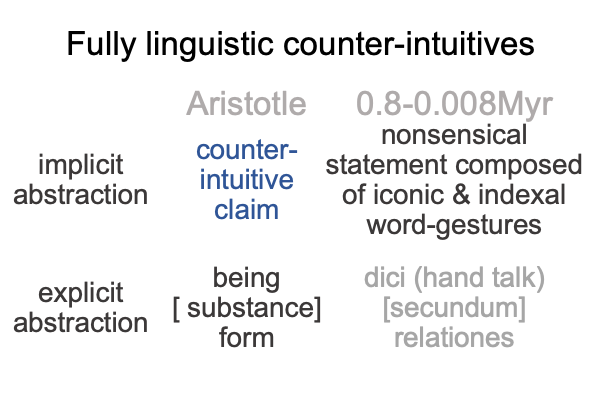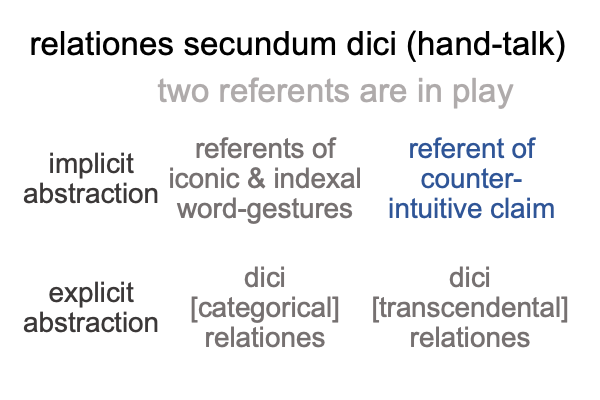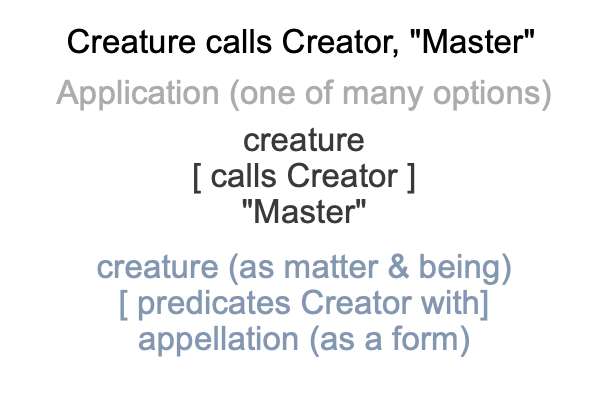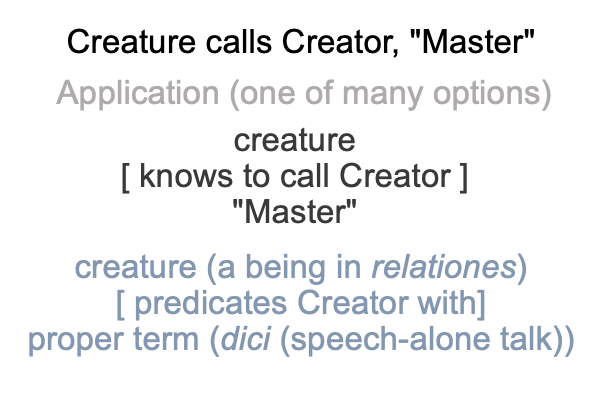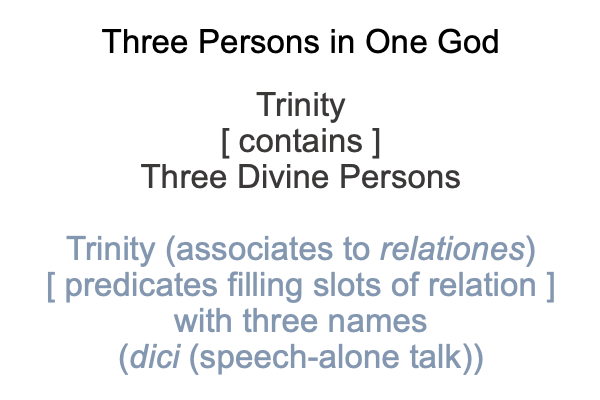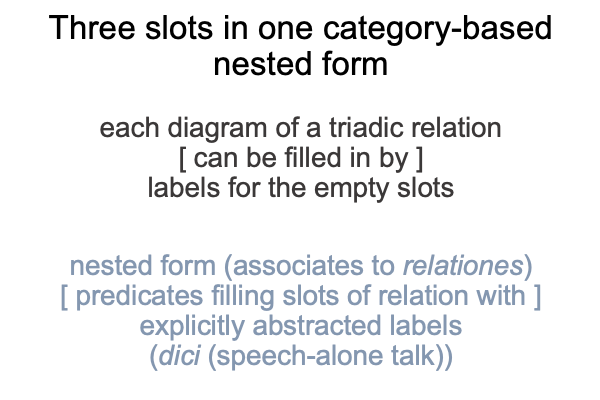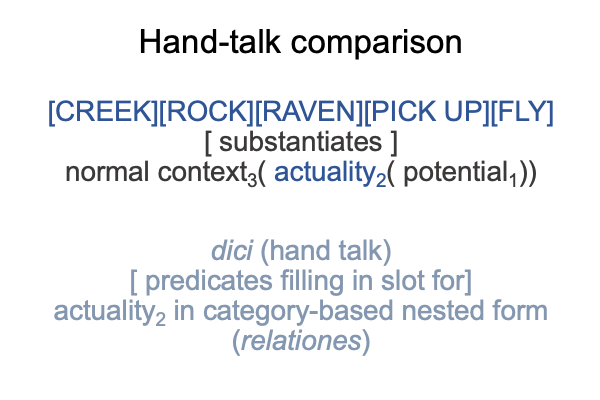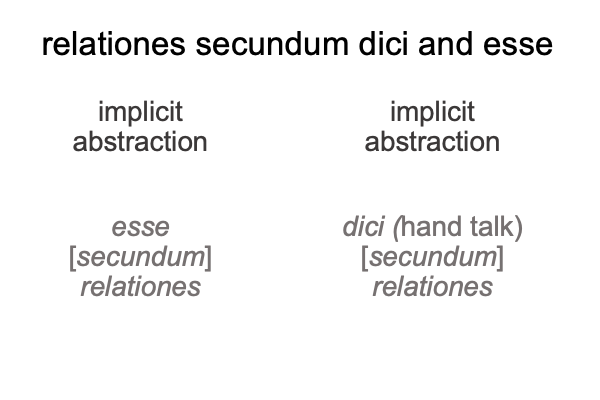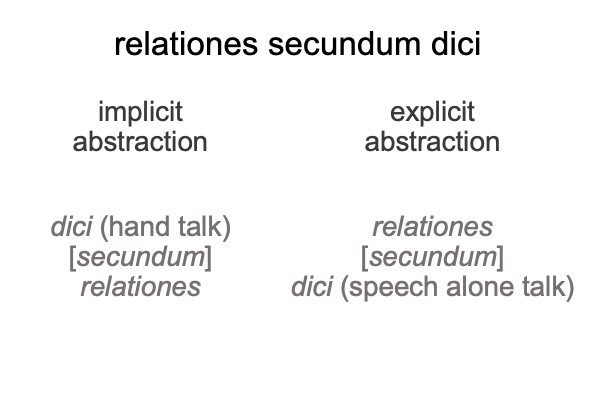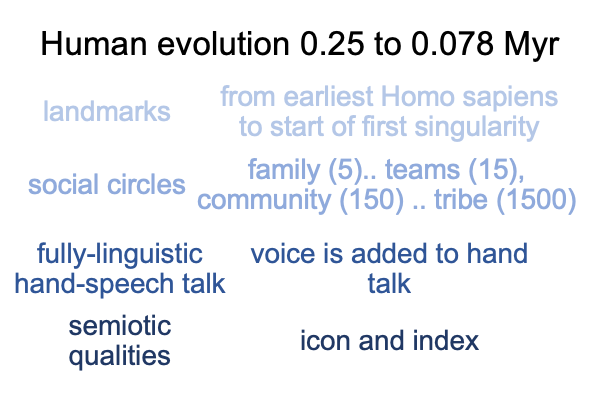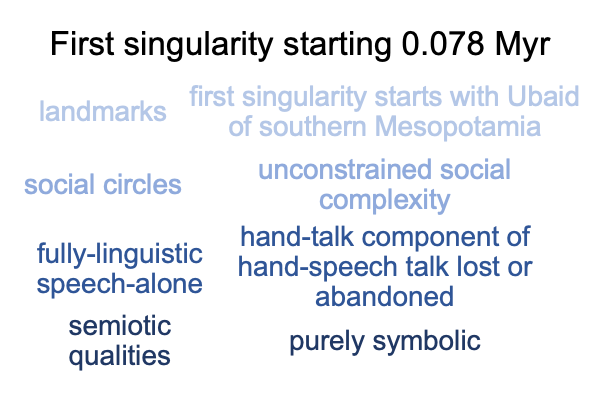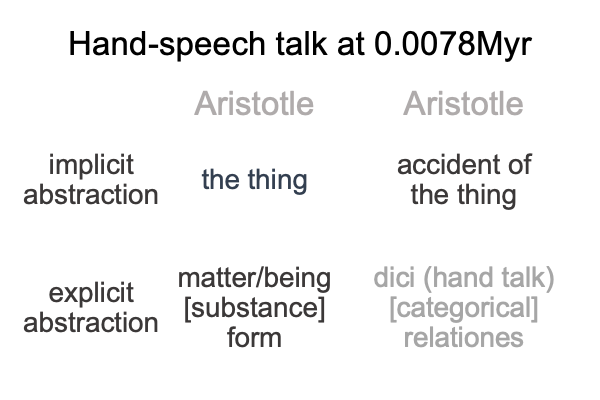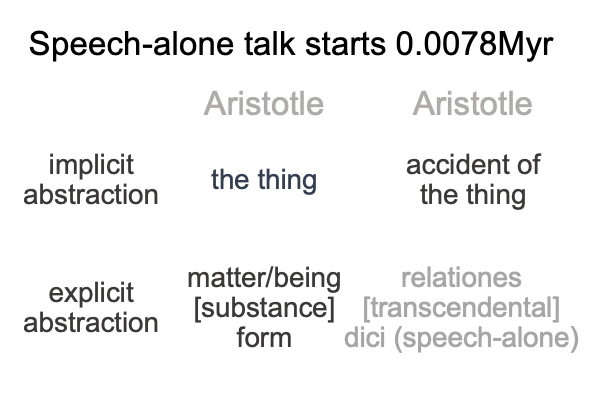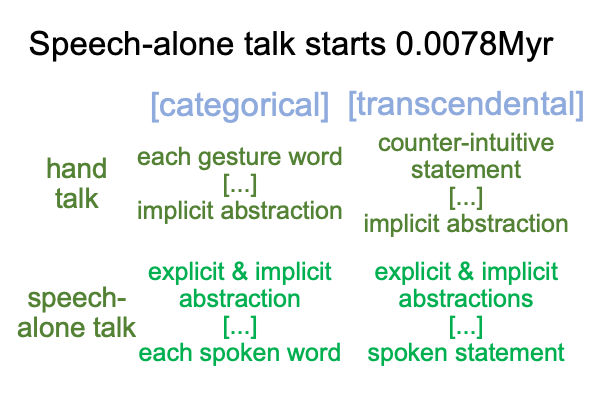Looking at Bill Arnold’s Article (2020) “Genesis and the Challenges of the 21st Century” (Part 4 of 5)
0021 One scholar proposes that the correspondences between Genesis and written origin stories of the ancient Near Eastare due to myth-making. Myth-making produces certain literary characteristics, such as ascribing personality to nature, describing the world phenomenologically, rather than analytically, and a lack of interest in the linearity that we attribute to modern history and historiography. Arnold adds one other literary feature to Oswalt’s list. Arnold adds “the etiological dimension”.
0022 Etiology?
Etiology is the study of the world today in terms of what happened long ago.
The Ubaid, the Uruk and the Sumerian Dynastic have no interest in describing the world in a fashion that is acceptable to modern historians. Why? There are no modern historians. Instead, there are people who are dealing with cycles of civilization that are really spirals of unconstrained social complexity. These folks are caught in the tourbillion and are holding on for dear life.
0023 Indeed, if history is like matter, and myth is like form, the Arnold’s “etiological dimension” is the contiguity between real events as they would be recorded by a modern historian and the mythic telling of events from long ago that explain why the world is the way it is today.
Here is a picture.
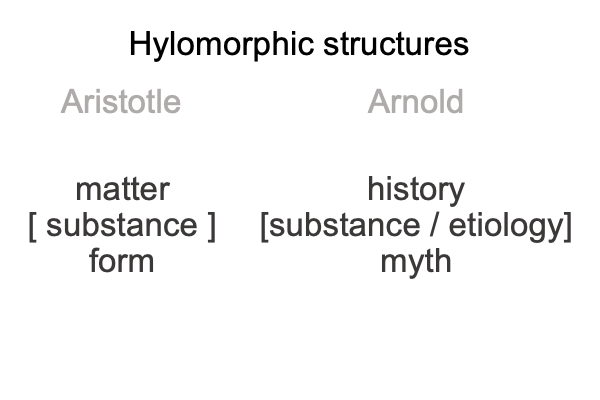
0024 Indeed, Arnold calls the etiological dimension an “ideological substance”.
0025 Now, let me apply Oswalt’s and Arnold’s myth-making hypothesis to the thing that both Genesis and the written stories of the ancient Near East have in common.
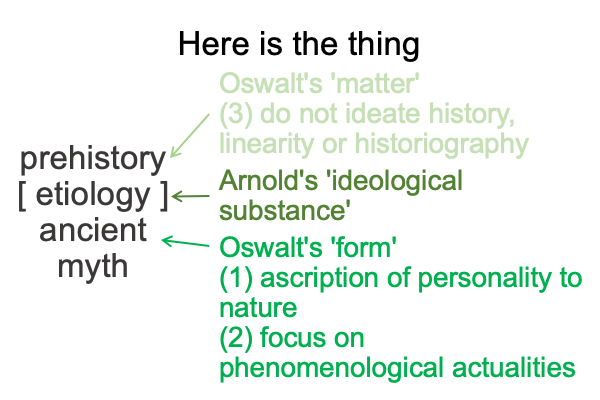
0026 What is the thing?
The esse_ce, prehistory [etiology], consists of events corresponding to the emergence of unconstrained social complexity in a speech-alone talking culture. It just happens that the Ubaid of southern Mesopotamia is the first culture on Earth to practice speech-alone talk. At the time, all other cultures practice hand-speech talk. Soon, cultures adjacent to the Ubaidwill drop the hand-component of their hand-speech talk in order to imitate their civilizing brethren. But, they will not be able to catch up in social complexity for thousands of years.
The essence, [etiology] ancient myth, consists of stories in oral, then later, written traditions. The ideological substance that binds the matter of prehistory to the form of ancient myth, cannot be anything like the modern historian’s pretensions that history proceeds linearly. In fact, if one looks at a recitation of events in modern times, one finds that the recitation does not grant the same insights as (even) the literature of the day, which wrestles with past, present and future.
Perhaps, that is why modern histories can be so boring.
0027 The question arises, “How do we understand this thing?”
In the 7750s, theologian William F. Albright makes an attempt. He places the thing2 into the normal context of evolution3operating on the potential of phases of human reason1.
Here is a diagram.
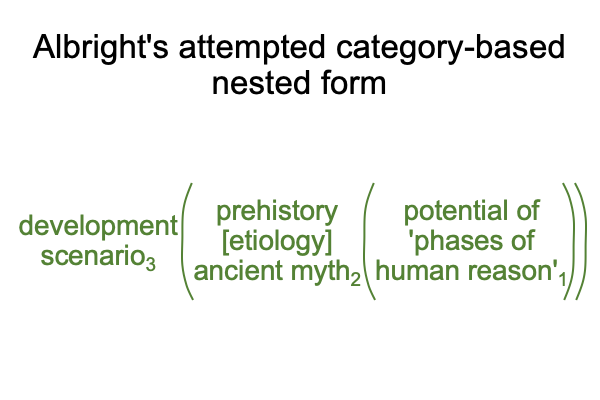
0027 Albright suggests that the thing belongs to the first of three phases: (1) the proto-logical, (2) the empirical and (3) the formally logical.
0028 Of course, seventy years later, scholars chuckle, but there is a doom to this first guess.
0029 By way of formal logic, we know that there are phases of human reason.
By way of the empirical, we know that each phase supports its own actuality2, its own “thing”.
By way of the proto-logical, we all know that each phase is decreed by the gods.
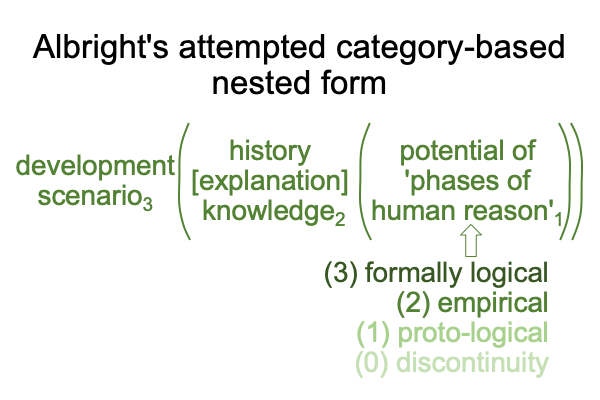
3, 2, 1 then 0?
0030 For moderns, matter is more like history. Form is more like knowledge. The contiguity is more like [explanation].
For those who live before the formalization of logic, matter is still like history, but flavored with the spice of fate. Surely, fate is empirical. Form is still like knowledge, but containing a degree of moralization that moderns are not accustomed to. Surely, moral strength and weakness allows one to act wisely, rather than foolishly.
For those who live before the empirical phase, matter is all about fate and form is all about heroic strengths and weaknesses, along with wisdom and foolishness.
0031 That brings me to the doom of Albright’s initial guess.
If one tracks these phases back from say, the writing of the Bible (where formal logic is apparent in later writings), to the oral histories of Moses (where the law is written in a fashion that does not sound formally logical, but exhibits a certain empiricism), to the stories of Abraham and earlier, all the way to the mythic Adam and Eve (where each figure lives out a theological drama), there is one more story left.
Yes, it is the Creation Story.
0032 The Creation Story may tell of the construction of the tent of the heavens and the earth. But, in terms of where Albright’s initial guess ends, the Creation Story is what stands before the manufacture of Adam and Eve in the Primeval History.
The Creation Story stands at 0, the null.
0033 Albright imagines that civilizational development is the same as human evolution.
It is not.
So, his guess is doomed.
Doomed to flower into another guess.
